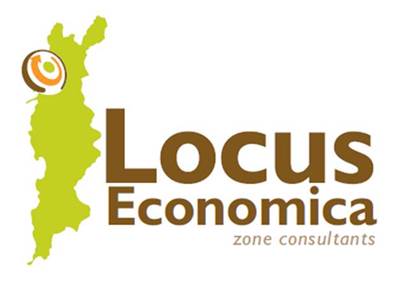Above: Senegal's Port of Dakar
Senegal
Since gaining independence in 1960, Senegal has become one of the most stable countries in Africa. A track record of strong institutions, peaceful transitions of power, and improvements to the business climate has led to strong economic growth in recent years (6.5% in 2015). The major factors driving growth have been lower energy and transport prices and an ambitious public investment program, which have primarily stimulated the services sector, the chemical industry, and construction. Senegal’s exports are mostly concentrated in fish, groundnuts (peanuts), petroleum products, phosphates, and cotton, and its main trade partners are Mali, Switzerland, and India.
Senegal established a special economic zones (SEZ) program in 2006 with new legislation and the formation of the Dakar Integrated Special Economic Zone (DISEZ). This project could was ultimately shelved as a result of the 2008 global economic meltdown. When, in 2014, “Sénégal Emergent”, the country’s new industrialization plan, was approved, it revived the SEZ idea with the Diamniadio SEZ initiative. As a result of Locus Economica work with UNIDO in 2015, Diamniadio Park, located 35 kilometers southeast of Dakar, opened in November 2018. It now has 7 operational investors. The Government of Senegal invested $44 million in Phase I of the park. China has promised to invest $100 million for Phase 2. The park is expected to employ 4,500 people by End-2019 and, ultimately, 23,000 once Phase 2 is complete.
In 2017, two more SEZs were designated: Diass and Sandiara. Sandiara ultimately plans to host 30 companies and create 10,000 jobs; to date, seven companies have invested and become operational in the zone.









In 2006, Locus Economica Founder and CEO Jean-Paul Gauthier evaluated Senegal’s legal framework for hosting SEZs on behalf of the World Bank’s Foreign Investment Advisory Service (FIAS), resulting in…